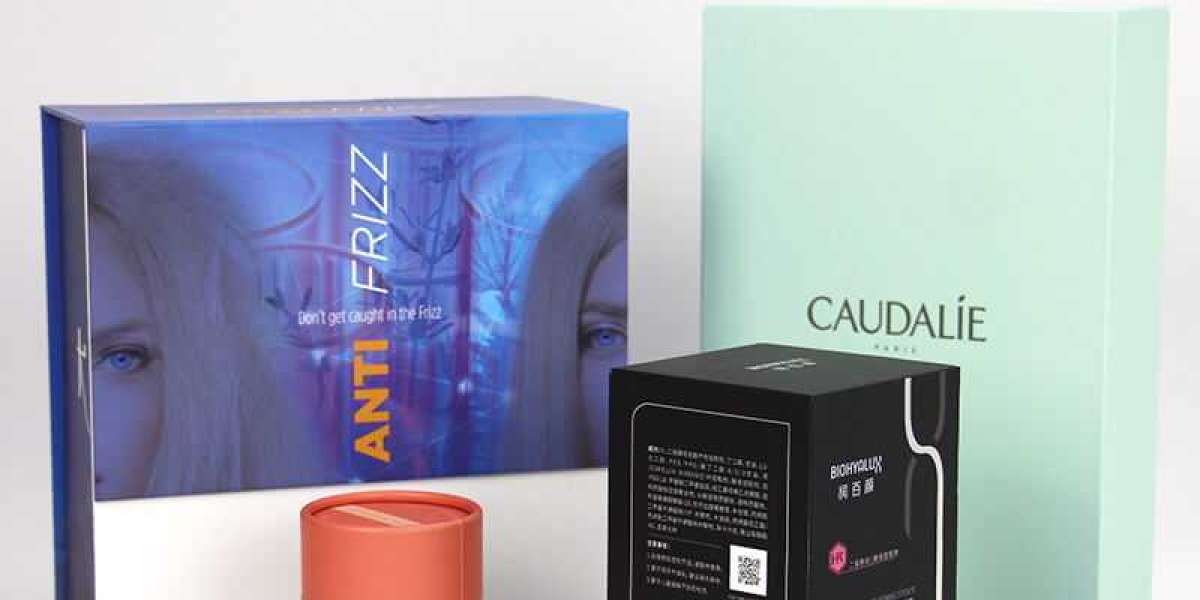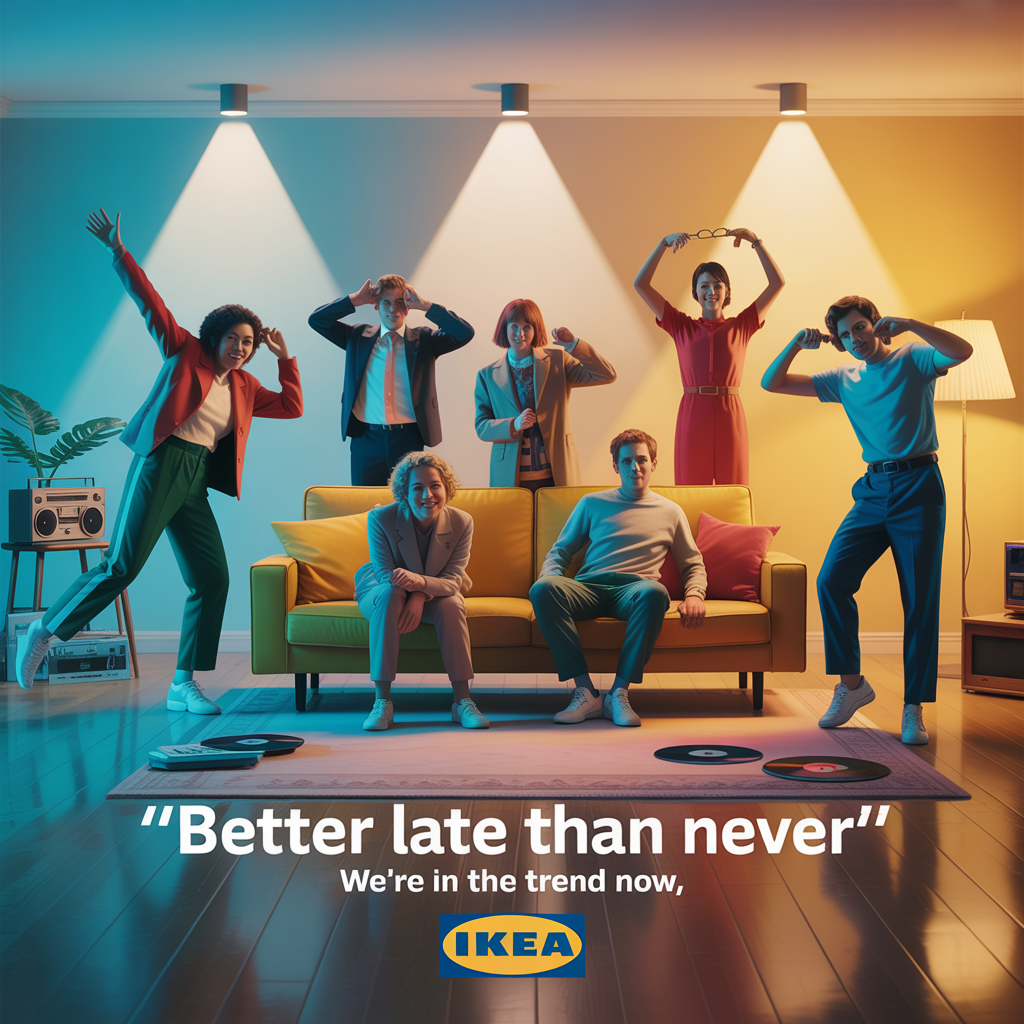Discover eco-friendly, sustainable materials for custom cosmetic boxes that enhance branding and reduce environmental impact.
In today’s environmentally conscious world, the beauty industry is increasingly prioritizing sustainability. Custom cosmetic boxes play a vital role in packaging and branding, but their environmental impact is a concern for both brands and consumers. Utilizing sustainable materials for custom cosmetic boxes not only enhances brand reputation but also contributes to reducing waste and preserving the planet. This article explores ten essential sustainable materials that can be used to create eco-friendly custom cosmetic boxes, helping brands align with green initiatives while delivering attractive packaging solutions.
1. Recycled Kraft Paper for Eco-Friendly Custom Boxes
Recycled kraft paper is one of the most popular sustainable materials for custom cosmetic boxes at packwhole.com due to its biodegradability and recyclability. Made from post-consumer waste, kraft paper offers excellent strength and durability while maintaining an environmentally friendly profile. Its natural, rustic appearance adds a unique aesthetic to custom cosmetic boxes, appealing to eco-conscious consumers. Using recycled kraft paper reduces the demand for virgin materials, lessening deforestation and conserving natural resources. Brands can customize these boxes with eco-friendly inks and finishes to enhance their visual appeal without compromising sustainability.
2. Corrugated Cardboard for Robust, Recyclable Packaging
Corrugated cardboard is another highly sustainable material suitable for custom cosmetic boxes. Known for its strength and lightweight properties, corrugated cardboard provides excellent protection for delicate cosmetic products during transit. Its recyclability and compostability make it an ideal choice for brands seeking eco-friendly packaging options. Moreover, corrugated boxes can be easily customized with various printing techniques, allowing brands to incorporate branding elements sustainably. Using recycled or FSC-certified corrugated cardboard further emphasizes a brand’s commitment to environmental responsibility.
3. Bamboo Pulp for Renewable and Biodegradable Packaging
Bamboo pulp is gaining popularity as a sustainable alternative for custom cosmetic boxes thanks to bamboo’s rapid growth and renewability. Bamboo is a highly sustainable resource because it can be harvested without destroying the plant, which continues to grow and regenerate quickly. When processed into pulp, bamboo offers a sturdy, biodegradable material suitable for custom packaging. Its natural appearance lends a unique, organic look to cosmetic boxes, aligning with brands that emphasize natural ingredients and eco-conscious values. Bamboo pulp also allows for sustainable printing options, making it a versatile choice for custom boxes.
4. Mushroom Packaging for Innovative, Compostable Solutions
Mushroom packaging, made from mycelium—the root structure of fungi—is an innovative sustainable material perfect for custom cosmetic boxes. It is fully biodegradable and compostable, decomposing within weeks after disposal. Mushroom packaging offers excellent insulation and cushioning, protecting delicate cosmetics during shipping. Its eco-friendly production process uses agricultural waste, reducing landfill contributions and minimizing energy consumption. Brands looking to showcase innovation and environmental responsibility can leverage mushroom packaging to create distinctive, sustainable custom boxes that stand out in the market.
5. Sugarcane Bagasse for Waste-Free Packaging
Sugarcane bagasse, the fibrous residue left after extracting juice from sugarcane, is an eco-friendly material gaining traction in cosmetic packaging. It is a renewable resource that is biodegradable, compostable, and requires minimal processing. Bagasse pulp can be molded into custom cosmetic boxes with a natural, textured appearance that appeals to eco-conscious consumers. Its sustainability credentials make it an excellent choice for brands aiming to reduce their carbon footprint. Additionally, bagasse-based boxes can be printed with soy-based or water-based inks to further enhance their eco-friendliness.
6. Plant-Based Bioplastics for Recyclable and Sustainable Packaging
Plant-based bioplastics, such as polylactic acid (PLA), are becoming increasingly popular in the realm of sustainable custom cosmetic boxes. Derived from renewable resources like cornstarch or sugarcane, bioplastics are biodegradable and recyclable, offering an eco-friendly alternative to traditional plastics. These materials can be molded into various shapes and sizes, providing versatility in design. Brands that incorporate bioplastics demonstrate a commitment to reducing plastic waste while maintaining durability and aesthetic appeal. Proper disposal and recycling are essential to maximize their environmental benefits.
7. Mushroom-Based Mycelium for Fully Compostable Packaging
Mycelium, the root-like structure of fungi, is an exciting sustainable material that can be molded into custom cosmetic boxes. It is completely compostable and biodegradable, breaking down naturally in a matter of weeks. Mycelium-based packaging is also fire-resistant and has excellent insulating properties, making it suitable for protecting delicate cosmetics. Its production involves agricultural waste, making it an eco-friendly and sustainable choice. Brands adopting mushroom-based mycelium packaging can effectively communicate their commitment to sustainability while offering innovative and attractive custom boxes.
8. Recycled PET for Reusable and Recyclable Custom Boxes
Recycled polyethylene terephthalate (rPET) is a sustainable plastic option made from recycled PET bottles and other plastic waste. Its use in custom cosmetic boxes promotes circular economy principles by repurposing existing plastic materials. Recycled PET is durable, lightweight, and can be easily molded into various shapes, making it suitable for reusable packaging solutions. When combined with eco-friendly inks and finishes, rPET boxes can serve as sustainable, stylish, and functional custom boxes that appeal to environmentally conscious consumers seeking durability and reusability.
9. Eco-Friendly Inks and Coatings for Sustainable Custom Packaging
Beyond the materials used for the physical structure of custom cosmetic boxes, eco-friendly inks and coatings are essential components of sustainable packaging. Water-based, soy-based, and vegetable-based inks reduce reliance on volatile organic compounds (VOCs) and are biodegradable. These inks allow for vibrant printing and detailed designs without compromising environmental integrity. Similarly, eco-friendly coatings such as water-based varnishes or varnish-free finishes enhance the appearance and durability of custom boxes while maintaining sustainability. Integrating eco-conscious printing practices complements the use of sustainable materials, making the entire packaging eco-friendly.
10. Choosing FSC-Certified Materials for Responsible Sourcing
Finally, selecting FSC-certified (Forest Stewardship Council) materials is crucial to ensuring that custom cosmetic boxes are sourced responsibly. FSC certification guarantees that the wood and paper products come from well-managed forests that prioritize ecological, social, and economic sustainability. Using FSC-certified recycled or virgin materials demonstrates a brand’s commitment to responsible sourcing and environmental stewardship. This certification also appeals to eco-conscious consumers who seek transparency and ethical practices from their favorite brands.



















